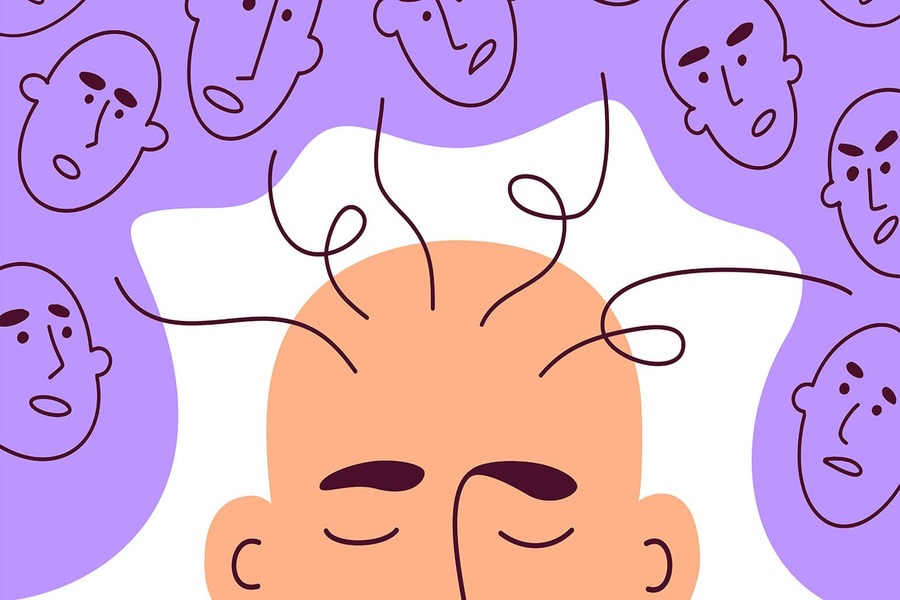You’ve probably been collaborating with your doctor to develop a treatment strategy if you have Schizophrenia. Effective managing symptoms is a significant first step toward leading a productive life despite the illness. When your symptoms return or worsen, taking precautions against relapsing is crucial as part of a successful plan. Unfortunately, people living with Schizophrenia frequently experience relapses. However, by following these instructions, you can better manage your condition and lower your risk, but first, let’s understand what Schizophrenia is.
What is Schizophrenia?
Schizophrenia is a severe mental illness that impairs a person’s capacity for rational thought, emotional control, decision-making, and interpersonal interaction. It is a chronic, complicated medical condition. Although Schizophrenia can develop at any age, it typically manifests in people in their late teens to early twenties for men and their late twenties to early thirties for women. Schizophrenia is rarely identified in patients older than 40 or younger than 12 years old. Living well with Schizophrenia is possible.
- Attention to lifestyle
Your risk of relapse can be reduced by how you live each day. Habits of a healthy lifestyle are crucial. For instance, research indicates that abusing drugs or alcohol significantly raises your risk of relapsing. Avoid using drugs and drinking alcohol.
Your psychiatric health can benefit from maintaining physical fitness. Try to cut back on or quit smoking, eat well, and exercise regularly. Talk to your doctor if you’re having trouble with any of these.
- Take your prescription drugs as directed
Even if you feel fine or don’t think you need it, taking your antipsychotic medication precisely as directed is crucial. People who stop taking their medication or don’t take it consistently experience relapses more frequently. Never stop taking an antipsychotic or any other prescription medication by yourself. Speak to your doctor if you have any worries about your medication. If you have trouble remembering whether you’ve taken your medicine, your doctor can also be of assistance. Discuss this during your subsequent visit.
- Prevent relapse by addressing early symptoms
Before a relapse happens, people with Schizophrenia frequently show early warning signs. Watch for these indications. Please pay attention to family members and friends who might mention alarming symptoms. Contact your physician if you believe you could be at risk for a relapse. It can be avoided by receiving treatment. Absence of mind, trouble focusing, trouble telling the difference between reality and fantasy, trouble sleeping, lack of interest in others, feeling more irritable or distrustful, deteriorating hygiene, and unexplained fear or anxiety are some early warning signs of relapse.
- Take part in therapy
Make sure you participate in psychosocial therapy if your doctor has recommended it to help treat your illness. With this type of counseling, you can learn to manage stress and the difficulties of the disease, such as having trouble finding work or forming close relationships. Additionally, the abilities you acquire through therapy may impact how your illness develops. Regular psychosocial treatment increases the likelihood that people with Schizophrenia will continue taking their medication and raises awareness of their illness. They consequently experience fewer relapses.

